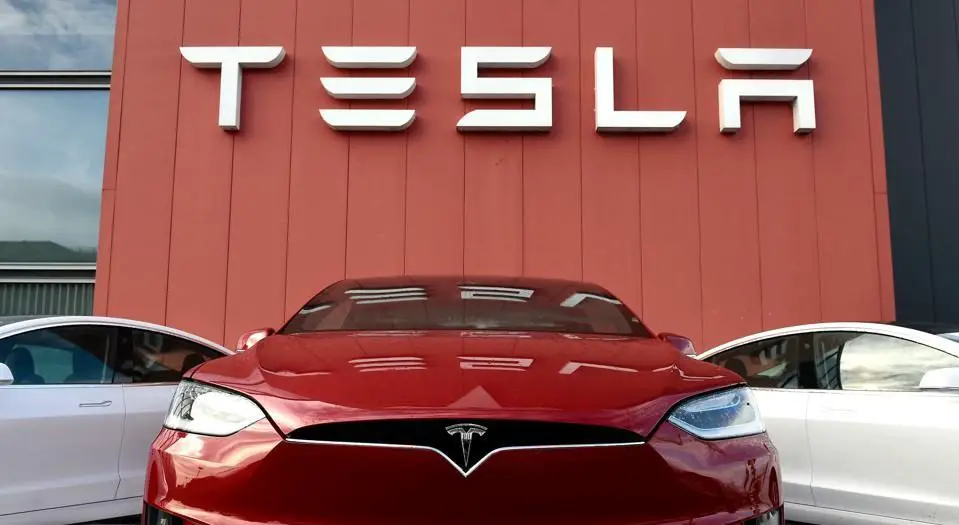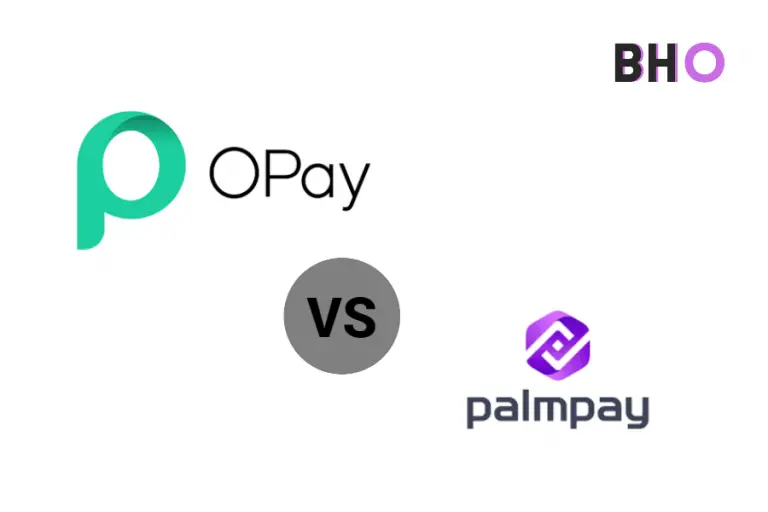Monopolies Under Siege: How Ambitious Startups Are Redefining Industry Norms.

Table of Contents
Introduction
Monopolies vs startups: “The reasonable man adapts himself to the world; the unreasonable one persists in trying to adapt the world to himself. Therefore, all progress depends on the unreasonable man.” – George Bernard Shaw
In a world where towering monopolies dominate industries and dictate the rules, startups often emerge as the unreasonable disruptors that drive progress. These fledgling enterprises, armed with ingenuity, tenacity, and innovation, challenge entrenched giants, breaking chains of monopoly and reshaping industries. While monopolies wield significant power—amassing resources, controlling markets, and stifling competition—startups defy the odds by rewriting the playbook. This is synonymous with the popular bible story of David versus Goliath and it continues to play out in boardrooms, marketplaces, and technological landscapes worldwide, with startups as the vanguard of change.
Monopolies and their impact
Monopolies dominate when a single entity controls a significant share of a market, often using its clout to hinder competitors. Companies like Amazon, Google, and Meta have cemented their positions as industry leaders, accumulating influence that extends beyond their original domains. While their innovations have revolutionized lives, critics argue that monopolistic practices restrict consumer choice, stifle innovation, and concentrate wealth.

While monopolies can lead to efficiencies due to scale, they often result in:
- Higher Prices: Lack of competition gives monopolies the power to set prices.
- Reduced Innovation: Monopolies may grow complacent and less motivated to innovate.
- Barriers to Entry: Monopolistic firms create significant hurdles for new competitors.
The dominance of companies like Google in search, Amazon in e-commerce, and Facebook in social media has raised concerns about their stifling effects on innovation and market fairness.
Historically, monopolies emerged due to technological advances, regulatory gaps, or sheer market dominance. Standard Oil, for instance, controlled over 90% of the U.S. oil refining market in the late 19th century, shaping how Americans consumed energy but also prompting antitrust laws.
Today’s monopolies, however, operate in a more complex digital and global economy, requiring startups to adopt multifaceted strategies to compete.
The Power of Startups: Small But Mighty
Startups are uniquely positioned to challenge monopolies for several reasons:
1. Agility and Innovation: Unlike established firms burdened by bureaucracy, startups can pivot quickly, embracing emerging technologies and trends. For example, fintech startups like Stripe and Revolut have disrupted traditional banking by offering seamless, digital-first solutions.
- Tesla challenged traditional automakers by pioneering electric vehicles and reshaping consumer expectations.
2. Niche Targeting: Startups often identify underserved or overlooked market segments. Airbnb, initially dismissed as a niche idea, redefined hospitality by creating a platform that allowed individuals to rent out their homes, directly challenging hotel chains. For example:
- SpaceX entered the aerospace industry by focusing on reusable rockets, reducing costs, and capturing contracts from NASA and other clients.
3. Customer-Centric Models: Startups prioritize customer experience, leveraging direct feedback to refine their offerings and this is one of the winning factors. This contrasts with monopolies, which sometimes neglect customer satisfaction due to their dominance. For example:
- Netflix outpaced Blockbuster by introducing a subscription-based streaming model, giving customers convenience and choice.
- Robinhood democratized investing by offering commission-free trades, appealing to younger, tech-savvy investors ignored by traditional brokers.
4. Collaborative Ecosystems: Many startups thrive in ecosystems of collaboration, building partnerships with other small firms or leveraging open-source technologies to accelerate growth.
5. Market Barriers: Dominant firms create high barriers through patents, exclusive contracts, and regulatory lobbying. Amazon’s control over logistics and pricing puts startups in the e-commerce space at a disadvantage.
6. Acquisitions:
Monopolies often neutralize competition by acquiring disruptive startups. Facebook’s acquisition of Instagram and WhatsApp is a textbook example of eliminating potential rivals.
Case Studies: Startups Breaking Monopolistic Chains
- Zoom vs. Skype

Despite Skype’s early dominance in video conferencing, Zoom disrupted the market by providing a user-friendly, reliable platform optimized for remote work. Its rapid adoption during the pandemic highlighted the complacency of established players.
- Netflix vs. Blockbuster

In the early 2000s, Blockbuster dominated the home entertainment industry with its vast network of rental stores. Netflix, a then-small startup, disrupted this monopoly by pioneering a subscription-based DVD rental model and, later, a streaming service. By focusing on convenience and anticipating the digital shift, Netflix dethroned Blockbuster, which failed to adapt to changing consumer preferences.
- Stripe vs. Traditional Payment Processors

Stripe revolutionized online payments by offering developers simple APIs for integrating payment systems. This innovation bypassed the complex, expensive infrastructure of traditional payment processors, attracting startups and large companies alike.
- Tesla vs. Legacy Automakers

Tesla’s focus on electric vehicles and sustainable energy challenged the dominance of traditional car manufacturers reliant on internal combustion engines. Tesla’s innovations forced competitors to invest in electric vehicle technology, reshaping the automotive industry.
- SpaceX vs. Aerospace Giants

The aerospace industry, historically controlled by a handful of government contractors like Boeing and Lockheed Martin, seemed impervious to disruption. Enter SpaceX, Elon Musk’s audacious venture. By innovating reusable rocket technology and drastically reducing launch costs, SpaceX redefined space exploration and forced legacy players to reevaluate their strategies.
Strategies Startups Used to Topple Giants
To challenge monopolies effectively, startups deploy a combination of bold strategies:
1. Leveraging Technology:
Startups often leverage cutting-edge technologies like artificial intelligence, blockchain, and IoT to create innovative solutions. For instance, blockchain startups are challenging financial institutions by introducing decentralized finance (DeFi) platforms, offering transparency and accessibility.
2. Disruptive Pricing Models:
Monopolies often maintain high profit margins. Startups disrupt these dynamics with competitive pricing. Robinhood, for example, revolutionized stock trading by introducing commission-free trading, forcing established brokers to follow suit.
3. Storytelling and Branding:
Many startups build compelling narratives to attract customers and investors. This is seen with Tesla’s mission to accelerate the world’s transition to sustainable energy, positioning itself against fossil fuel giants.
4. Crowdfunding and Community Engagement:
Startups often use crowdfunding platforms to raise capital while building a loyal community of supporters. This approach not only provides financial resources but also creates advocates who champion the brand.
5. Regulatory Advocacy:
While monopolies often influence regulatory frameworks to their advantage, startups advocate for policies promoting competition and innovation. Lobbying for antitrust measures or fair access to resources helps level the playing field.
Challenges Faced by Startups
While startups bring fresh ideas and energy, they face significant hurdles in competing with monopolies:
- Resource Constraints: Monopolies have vast financial and human resources, enabling them to outspend and outmaneuver startups.Monopolies have vast financial resources to outspend startups in R&D, marketing, and legal battles. For example, Uber faced fierce resistance from taxi unions and governments when entering new markets.
- Market Entrenchment: Established firms benefit from brand loyalty and customer inertia.
- Regulatory Barriers: Navigating complex regulations, often shaped by monopolistic influence, can be daunting for emerging companies.
- Predatory Practices: Monopolies may acquire startups to neutralize competition or engage in aggressive price wars to undercut challengers.
The Role of Regulation in Leveling the Playing Field
- Governments and regulators play a critical role in supporting startups and ensuring fair competition.
- Antitrust Laws: Prevent monopolistic practices like price-fixing and market manipulation.
- Startup Incentives: Governments can offer grants, tax breaks, and incubators to support innovation.
- Transparency Requirements: Enforcing transparency in contracts and pricing can reduce monopolistic barriers.
- Consumer Awareness: Consumers wield significant power through their choices. Supporting startups over monopolistic entities can shift market dynamics and encourage competition.
Recent antitrust actions against Google, Amazon, and Apple highlight the growing focus on curbing monopolistic behavior to foster competition.
As George Bernard Shaw’s quote reminds us, progress depends on the unreasonable. Startups embody this spirit, defying conventions and challenging monopolies to create a more dynamic, equitable marketplace. In breaking chains, they forge pathways to a future where ingenuity and determination reign supreme.
References
- Christensen, Clayton. The Innovator’s Dilemma.
- Greene, Robert. The 48 Laws of Power.
- The Story Behind Payment Disruptor Stripe.com And Its Founder Patrick Collison | TechCrunch
- Tesla’s EV Revolution- Two Odes to Elon Musk’s Genius Need a Grain of Salt – Articles – Advisor Perspectives
- Big Tech Braces for Wave of Antitrust Rulings in 2024 – WSJ
- How Shopify Competes with Amazon – Financial Times. Transcript: Shopify vs Amazon







